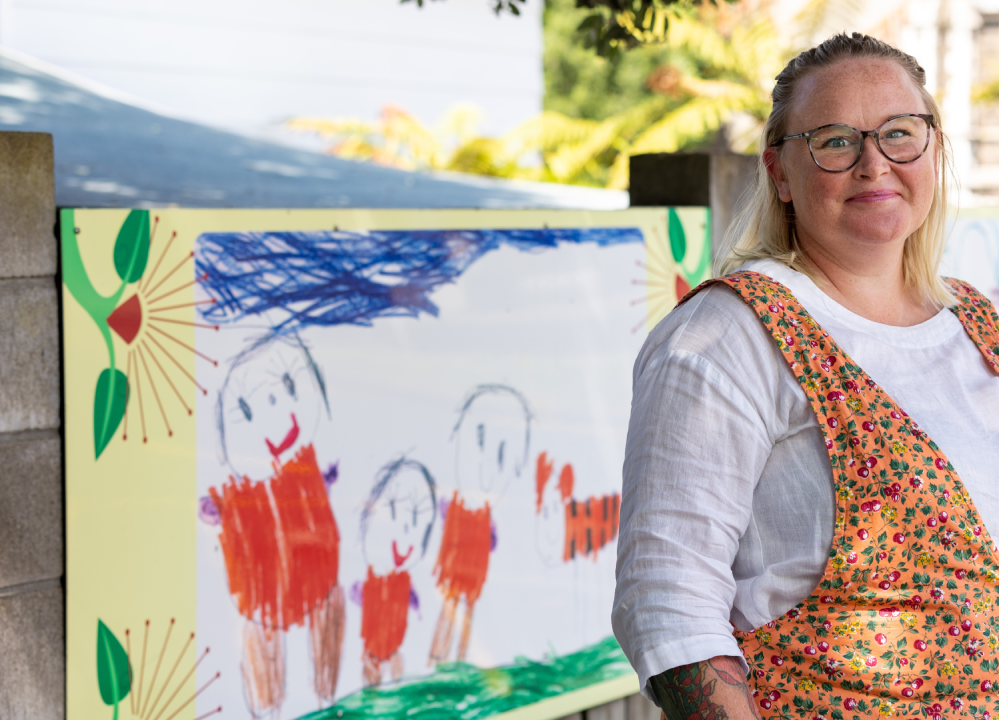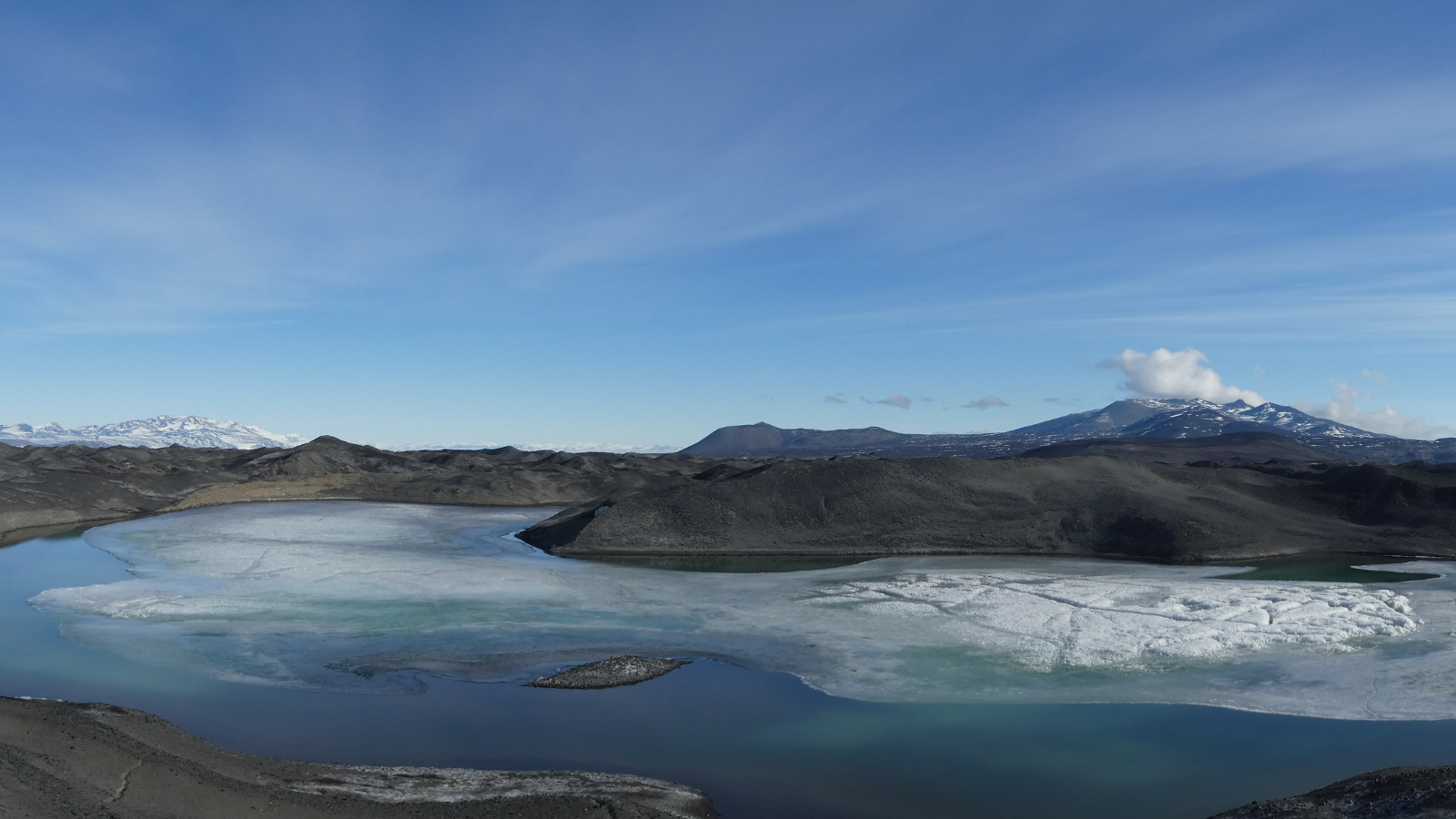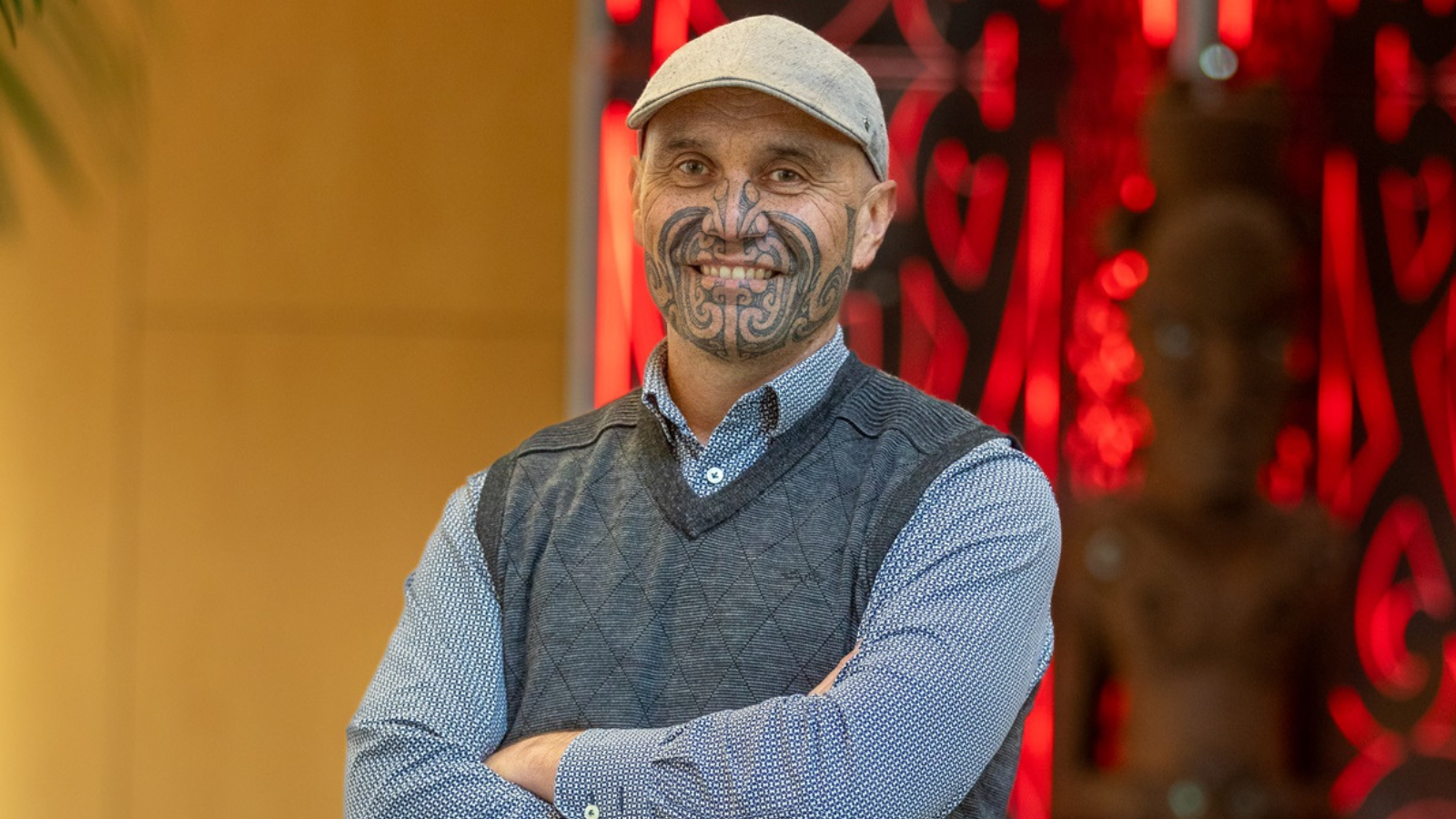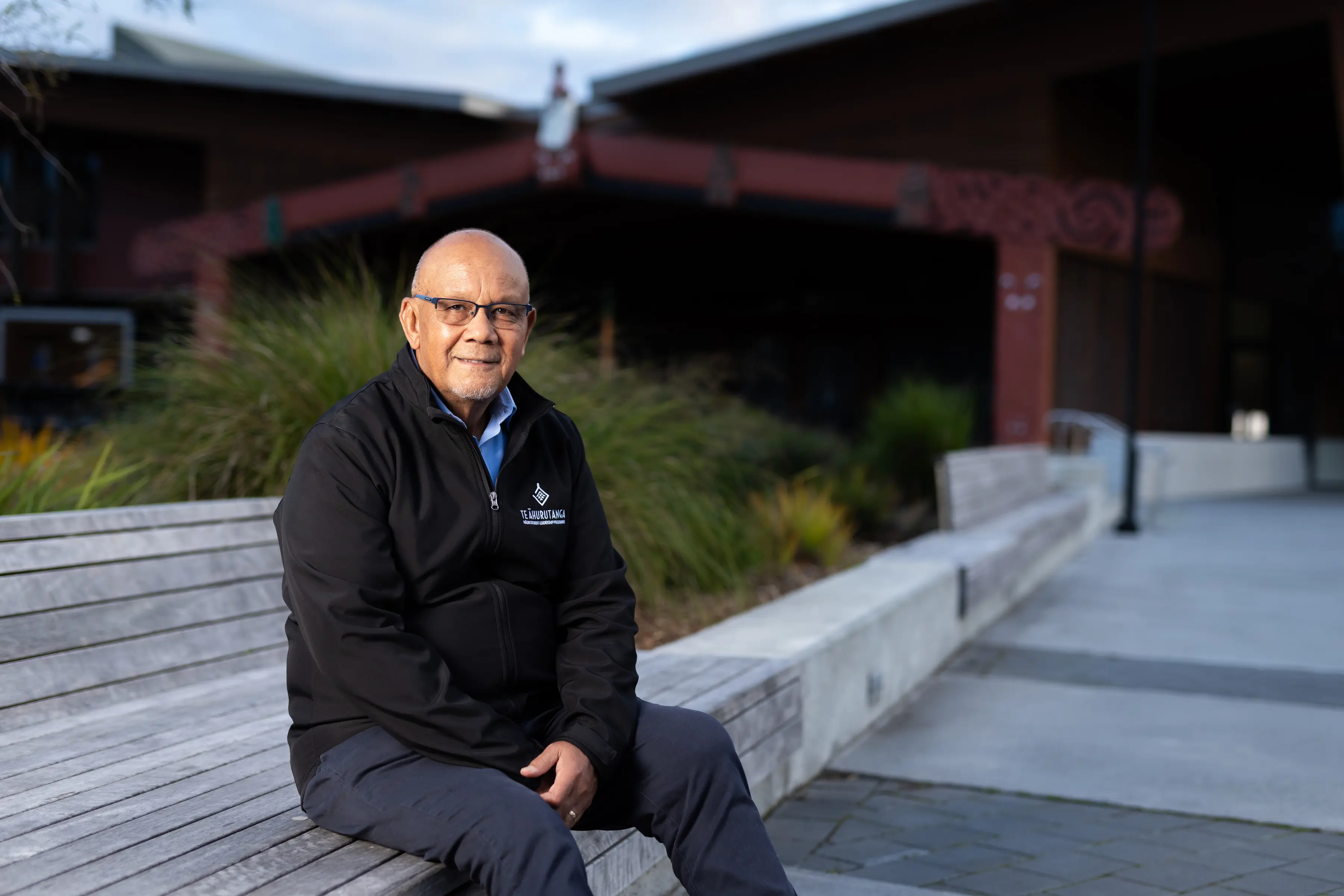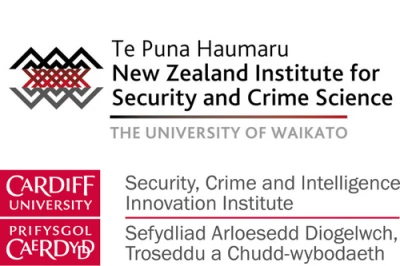
University of Waikato's partnership with Cardiff has flourished despite the challenges presented by the pandemic, with both institutions seeing an exciting and diverse range of collaborations.
An international collaboration between University of Waikato’s Te Puna Haumaru - New Zealand Institute for Security and Crime Science (NZISCS) and the Security, Crime and Intelligence Innovation Institute (SCIII) at Cardiff University has shed light on some of the most important issues facing society today - and firmed up a very valuable relationship.
The Cardiff-Waikato Crime & Security Knowledge Exchange Wānanga was held last week over three days with attendees both online and in-person at hubs in Hamilton, New Zealand and Cardiff, Wales.
Professor Amanda Robinson, Professor of Criminology at Cardiff University and one of the hosts of the Cardiff hub, says the event was a great success and well attended across the board.
“It was impressive to see the energy in both the in-person and virtual rooms from so many people – despite the rather unfriendly hour due to the time difference! We had nearly 90 attendees across the three days of wānanga (workshops), including a fairly even mix of university researchers and non-academic stakeholders from government, criminal justice agencies, and the third/voluntary sector.”
Teaching Fellow Apriel Jolliffe Simpson was in Cardiff to take part in person, and says the sharing of information, experiences, and ideas with her colleagues and professional partners was inspirational.
“It was great to see practitioners and researchers coming together and forging connections to improve both research and practice in the future, Apriel says. “It was interesting to find similarities in the challenges we are facing in each country, as well as explore our context-specific differences.
“The event was a significant undertaking because it featured concurrent sessions, and attendees could join at in-person hubs at the University of Waikato and Cardiff University, as well as online.”
During the wānanga the attendees explored ways to overcome challenges in contemporary crime and security research and practice. “We discussed the multiple challenges we all face in areas like death reviews, violence risk assessment, cybercrime, and counter terrorism and extremism,” Apriel says.
“It’s been really exciting to talk about our common challenges and establish new connections outside our usual organisations – and even our country – to promote further cross-national knowledge exchange and collaboration in the future.”
Professor Robinson says the ability to bring everyone together has created new connections between academics and professional partners.
“Research and practice tends to develop and take place in organisational and national silos,” Professor Robinson says. ”These events provided a rare opportunity for people to cross those professional and jurisdictional borders to exchange ideas, discover areas of common ground, and understand differences in priorities, challenges, and contexts.
“The wānanga were a personal, tangible example of our universities’ strategic partnership being put into practice. Both sides gave in equal measure and the vibe throughout was entirely positive. I am really looking forward to future collaboration with what now feels like a new set of colleagues on the other side of the world."
University of Waikato Associate Director for Global Engagement and Partnerships, Cath Battersby, says the partnership with Cardiff has flourished despite the challenges presented by the pandemic, and both institutions are seeing an exciting and diverse range of collaborations.
“Strong global partnerships, including our strategic partnership with Cardiff University, mean our staff and students have access to global experience and expertise,” Cath says. “Together, we increase the global impact of our research and contribute to global challenges. This wānanga is an excellent example of what is possible through a combination of virtual and in-person connection.”
To find out more about our partnership with Cardiff University and how to get involved, please visit the partnership website or contact Cath Battersby, Associate Director, Global Engagement and Partnerships
